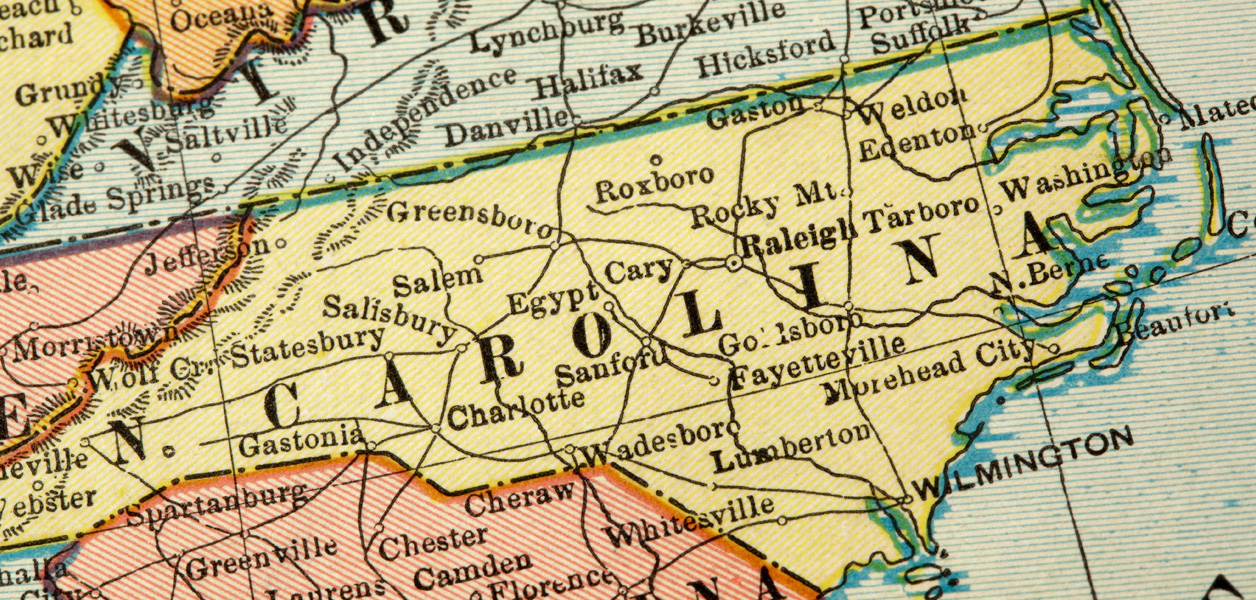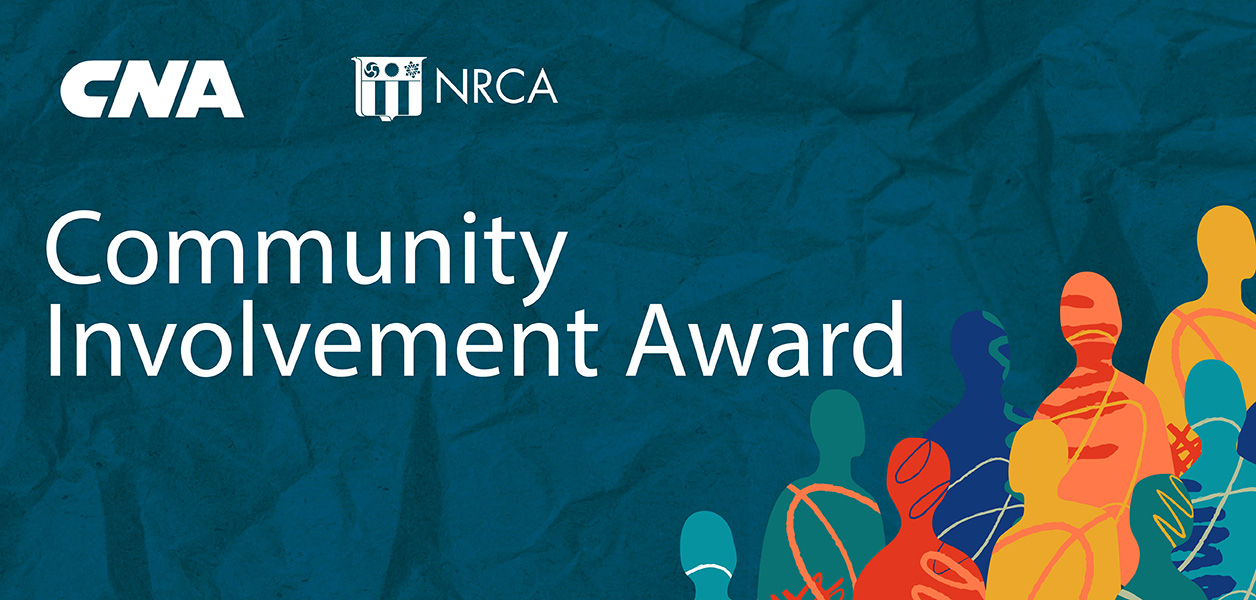In his Hierarchy of Needs, Abraham Maslow says once the basic needs for water, food and shelter are met, individuals can afford to move up to the need levels of belonging, esteem and self-actualization.
If you, as a manager, understand humans have fundamental needs, you can use them to incentivize a behavior, such as showing up on time or completing a task correctly. Money, benefits, bonuses, etc., are surrogates for food, water and shelter/safety. But this has limitations and typically is a short-term fix.
Caring is in the realm of leadership, and this is where the higher-level needs reside: belonging, esteem and self-actualization. For example, if the issue is how to get employees to care about tying off when unsupervised, using the top three tiers to reach employees will have better results.
- Belonging can be used by reminding employees if they fall, their families will be distraught. This approach may give rise to compliance because of employees’ care for their family members’ feelings.
- You could use the esteem level by appealing to employees’ sense of professional growth. Perhaps you would say, “A professional like you would always want to be seen as knowing what to do and doing it.”
- Self-actualization can be used by empowering employees to use their skills and teach others. If an employee is given the power to impart knowledge and skill, it can work wonders.
At the top levels, these approaches can reach employees’ sense of purpose and connection. The result is they now want to do something because it is seen as bigger than themselves and worthy of their respect.
It is worth the effort to be open to all five levels, appreciate where each staff member may be and be sensitive to the fact the employee is always changing. This makes managing and leading an art form. As you hone your skills to motivate each employee individually, you will experience the truly satisfying feeling of a staff member responding well.





